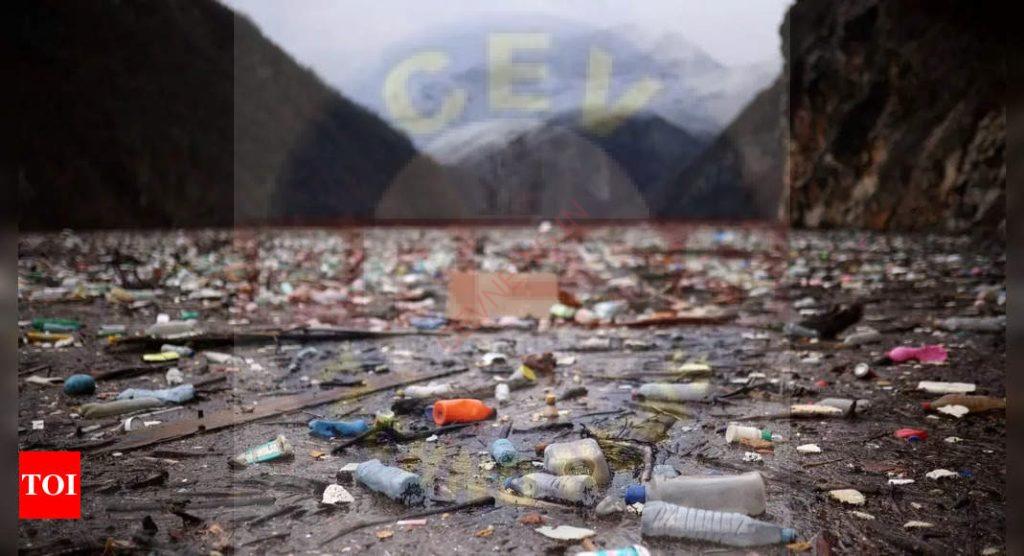The Ghaziabad regional office of the Uttar Pradesh Pollution Control Board (UPPCB) recommended the closure of 18 industrial units in the district for repeated violations of wastewater discharge standards, officials said on Wednesday.The recommendation was sent to the state board for approval, they said, adding that they had inspected 72 industrial units in the district so far.“The 18 units are those not complied with meeting parameters during our second or subsequent inspections. These parameters include level of heavy metals, biochemical oxygen demand, among others, in their treated water,” said Utsav Sharma, regional officer of UPPCB.He said that most of the 18 units were located in Sahibabad and Loni.The official said that the inspections were part of a drive to check the rise of water and air pollution levels before the graded response action plan (Grap), which is a set of curbs triggered in phases as the air quality deteriorates, begins in October.Ghaziabad is among the 16 non-attainment cities in the state. Cities are declared “non-attainment” if they consistently do not meet the National Ambient Air Quality Standards (NAAQS).Manufacturing units in the state are required to install effluent treatment plants (ETP) to treat their discharge that would otherwise include high levels of organic compounds, debris, and toxic material.“The ETPs of the 72 units were non-compliant initially, but they fixed the issues when notices were served. However, we levied environment compensation cost to the tune of ₹7.23 croreon them on the basis of certain pollution levels. We are also conducting on-site inspections to check measures at air polluting units,” Sharma said.According to officials, the district has 43 units of large and medium category industrial units that have installed systems that link to the Central Pollution Control Board that monitors emissions. The official said that the on-site inspection will be completed by September 30.Members of the Sahibabad Site IV Industrial Area Association said that they have not been notified by the board officials about the action against some of their members so far. “They may have sent the recommendation to the UPPCB, but they have not informed us about the same. We will get it checked and then act accordingly,” said Mukesh Gupta, general secretary of the association.Environmentalists said that inspections should be carried even during the night.“It is during the night that most violations take place as operating an ETP is a costly affair. Non-complaint ETPs in units directly affect the water quality of the Yamuna. Tough enforcement measures are needed to check different forms of pollution,” said Akash Vashishtha, a city-based environmentalist.
18 industrial units face closure in Ghaziabad over wastewater discharge

